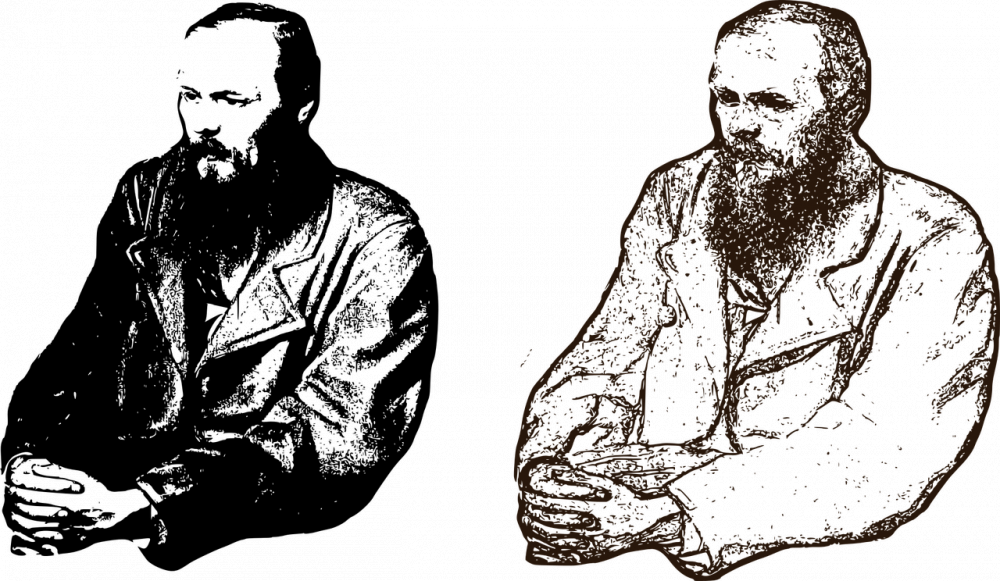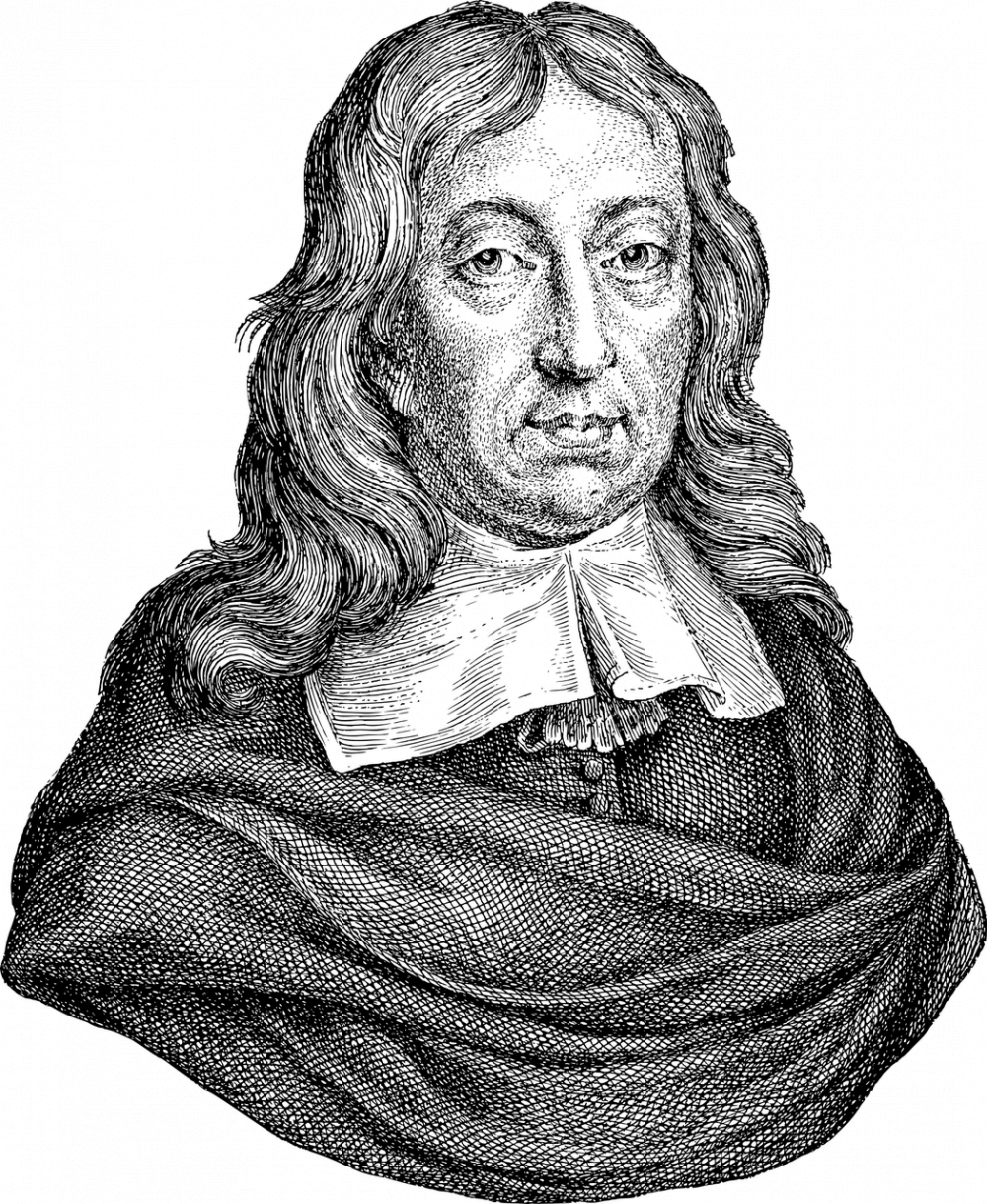Animal Farm by George Orwell: A Revolutionary Allegory through the Eyes of Animals

Introduction:
Welcome to our comprehensive guide to George Orwell’s classic novel, “Animal Farm.” In this article, we delve into the depths of this thought-provoking literary masterpiece and uncover its significance for those who are genuinely interested in the subject matter. Join us on this journey as we explore the historical context, evolution, and enduring relevance of “Animal Farm.”
Section 1: Understanding Animal Farm:

– Animal Farm, published in 1945, is a dystopian allegorical novel that reflects Orwell’s critique of totalitarianism and the manipulative nature of power. It presents a captivating tale where farm animals rise up against their human oppressors, but gradually succumb to the same vices they once fought against.
– One of the most crucial aspects of “Animal Farm” is its use of animals as anthropomorphic characters, each representing a specific class or individual from the Russian Revolution and subsequent Soviet regime.
– The novel serves as a cautionary tale, highlighting the dangers of tyranny, propaganda, and the corruption of power. It prompts readers to question the intentions of leaders and contemplate the true nature of freedom and equality.
Section 2: Historical Evolution of Animal Farm:
– “Animal Farm” was inspired by Orwell’s personal experiences and observations of totalitarian regimes like Stalinist Russia. It portrays the rise and fall of the Soviet Union, shedding light on the manipulation, oppression, and disillusionment that plagued the nation.
– Upon its publication, “Animal Farm” received mixed reviews, with some praising its bold allegory and profound insights, while others criticized its controversial portrayal of political figures.
– Over time, the novel has gained recognition as a literary classic and a scathing critique of totalitarianism. It has been translated into numerous languages and continues to resonate with readers worldwide, transcending the boundaries of time and space.
Section 3: The Enduring Significance of Animal Farm:
– The themes explored in “Animal Farm” remain relevant today, as the pursuit of power and the dangers of unchecked authority continue to plague societies worldwide.
– Orwell’s masterful storytelling, combined with the use of animals as allegorical figures, ensures that the novel remains accessible and engaging to readers of all ages and backgrounds.
– The book’s portrayal of propaganda and manipulation serves as a stark reminder of the importance of critical thinking and media literacy in a world dominated by information warfare.
– The novel’s allegorical nature also makes it a valuable educational tool, prompting discussions on history, politics, and human nature.
– Furthermore, “Animal Farm” has inspired adaptations in various forms, including films, stage productions, and even video games, broadening its reach and impact on popular culture.
Conclusion:
As we conclude our exploration of George Orwell’s “Animal Farm,” it becomes evident that its relevance and impact continue to endure. The novel’s depiction of the corrupting influence of power, political manipulation, and the struggle for true equality resonate with readers from all walks of life. By delving into the historical context, evolution, and enduring significance of “Animal Farm,” we gain a deeper understanding of its timeless message and the lessons it imparts. So, take a moment to revisit or discover this literary gem and reflect on the perils of an unchecked pursuit of power.





